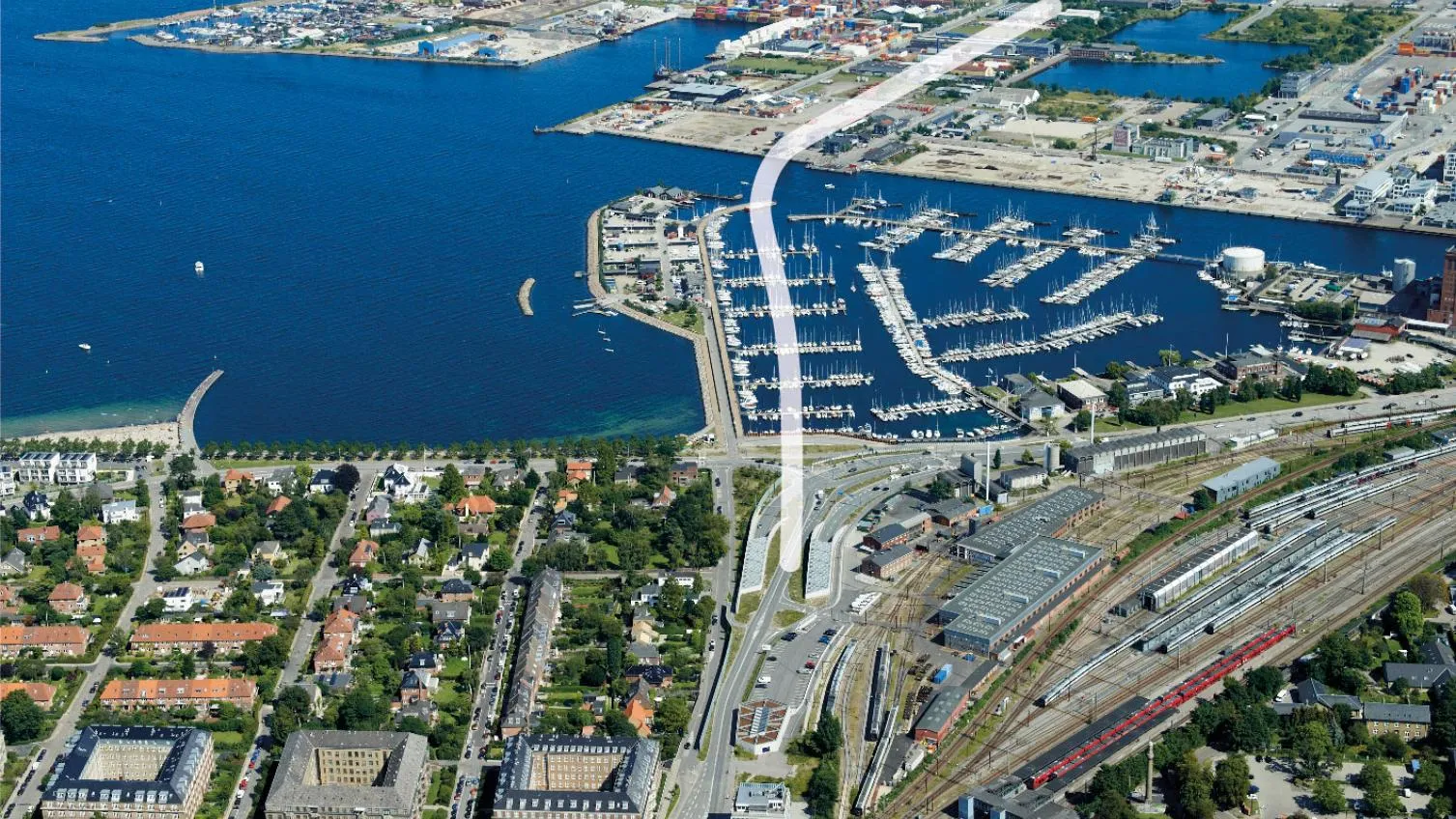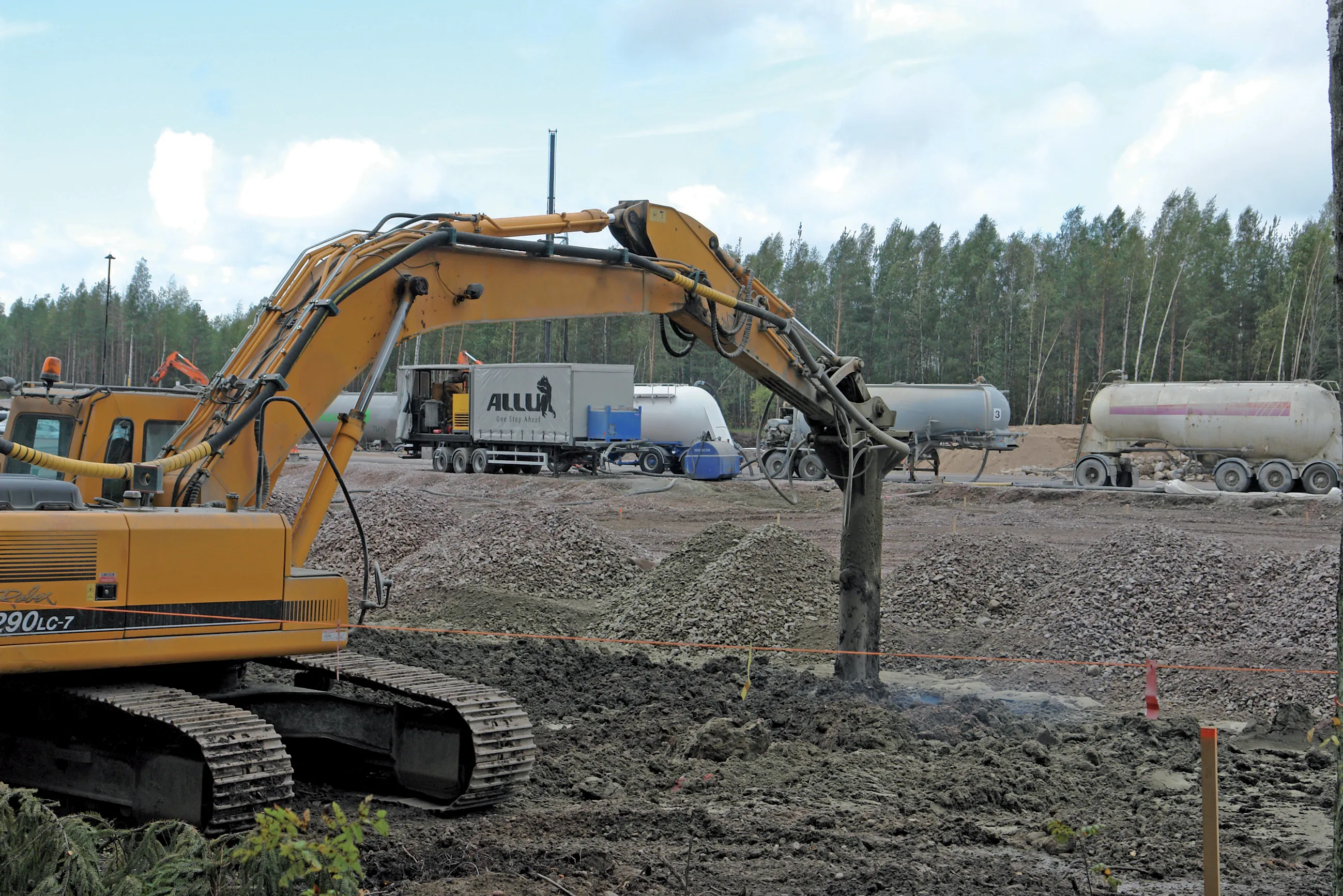Five offers were on the table for the deal with Strabag offering €38 million, well above the €32 million that was budgeted for by
Other bids came from a consortium headed by Warszawskie Przedsiebiorstwo Mostowe Mosty at nearly €40 million, a PORR and Unibep consortium offere at almost €59 million, a bid by Intercor at nearly €65 million and one by and Budimex at just over €39 million.
GDDKiA expects to sign a contract in November with completion set for spring 2021.
The contract is one two that make up construction of a 15km section of the S8 expressway. The consortium from Salini was responsible for the implementation of the first contract. The second has already been completed.
More than 500km of the planned 565km S8 road have been built since construction started in 2003. It runs from Wrocław to Białystok via Łódź and the capital Warsaw.
Originally, the road was to continue to the border with Lithuania, but in 2009 the plans were changed and currently the S61 will branch off the S8 and go to the border.
The S8 section from Warsaw to the S61 interchange is planned to become part of the Via Baltica, a stretch of the European route E 67.
Via Baltica runs from the Czech Republic to Helsinki in Finland by way of Poland, Lithuania, Latvia and Estonia. It goes via Prague, Wrocław, Warsaw, Kaunas, Panevėžys, Riga, Tallinn and Helsinki. The final stretch between the Estonian capital Tallinn and the Finnish capital Helsinki is by ferry, a two-and-a-half hour crossing of the Gulf of Finland.
Strabag closes in on Poland’s S8 Marki-Kobylka contract
Strabag has nudged into the lead for Poland’s retender of the dual lane S8 section between the Marki and Kobylka junctions, previously held by Salini-Impreglio.
Five offers were on the table for the deal with Strabag offering €38 million, well above the €32 million that was budgeted for by GDDKiA, Poland’s road authority.
Other bids came from a consortium headed by Warszawskie Przedsiebiorstwo Mostowe Mosty at nearly €40 million, a PORR and Unibep consortium offere at almost €59 million, a bid by I
August 19, 2019
Read time: 2 mins









